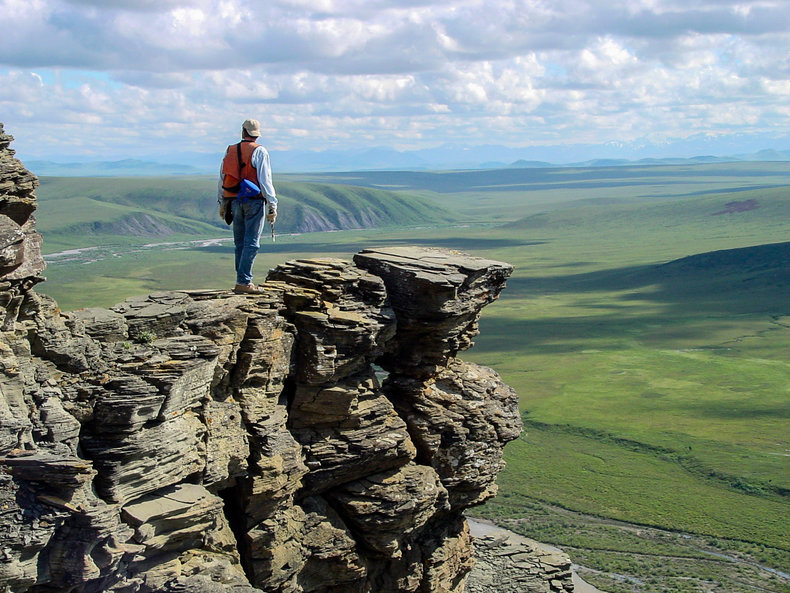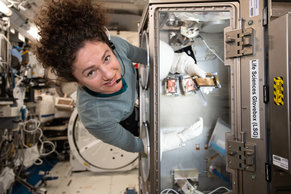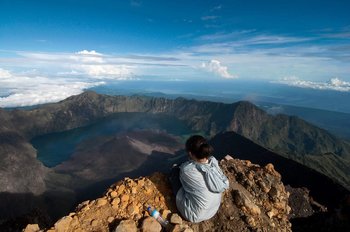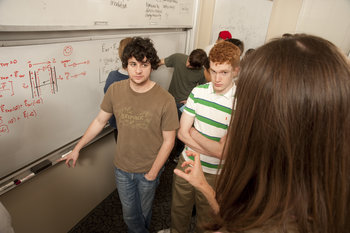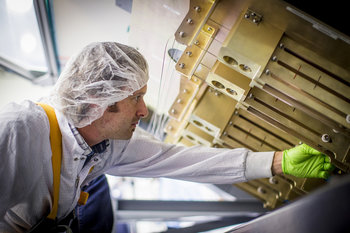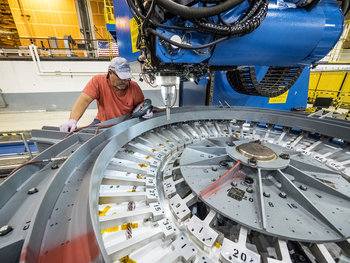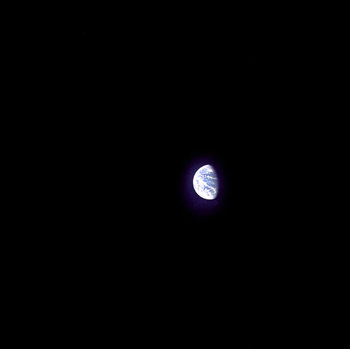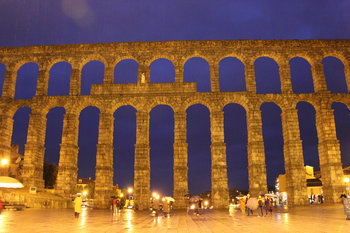|
| |
Geology is the study of the physical structure and composition of planets, particularly the Planet Earth. This is the science of landforms, rocks, sediment, soil and related forces and phenomena. Geology is a subset of Earth Sciences and specifically excludes study of the biosphere, hydrosphere and atmosphere. The following are common types or branches of geology.Astrogeology | Crystallography | Economic Geology | Engineering Geology | Environmental Geology | Gemology | Geochemistry | Geochronology / Chronology | Geodesy | Geomagnetics | Geomicrobiology | Geomorphology | Geophysics | Glaciology | Historical Geology | Hydrogeology | Lithology | Marine Geology | Micropaleontology | Mineralogy | Paleomagnetism | Paleontology | Paleoseismology | Palynology | Petrology | Planetary Geology | Sedimentology | Soil Science | Stratigraphy | Structural Geology | Tectonics | Topography | Volcanology |
AstrogeologyThe geology of things in space such as planets, moons and asteroids.CrystallographyThe science of crystals such as the structure and bonding of crystalline solids and crystal lattices.Economic GeologyThe application of geology to economic problems such as the feasibility of a mining project.Engineering GeologyThe application of geology to engineering such as evaluating geological factors in the architecture, design, construction, operation and maintenance of buildings, facilities and infrastructure.
Environmental Geology The application of geology to prevent or solve environmental problems. For example, the design of infrastructure to prevent desertification caused by soil erosion and degradation.GemologyThe science of natural and artificial gemstones.GeochemistryThe study of the chemical composition and processes of the Earth.Geochronology / ChronologyThe dating of landforms, rocks and geological events.GeodesyThe applied mathematics of measuring and modeling geological structures.GeomagneticsThe branch of geophysics concerned with the Earth's magnetic field.GeomicrobiologyThe science that looks at the interactions between microorganisms and earth materials and structures.GeomorphologyThe topography of landforms and other geological structures.GeophysicsThe physics of the Earth. GlaciologyThe study of glaciers and their effect on the Earth.Historical GeologyThe science of reconstructing the geological history of Earth.HydrogeologyThe study of groundwater and its effect on the Earth.Marine GeologyThe geology of the ocean floor.MicropaleontologyThe study of very small fossil animals and plants.Mineralogy The study of minerals.PaleomagnetismGeophysics concerned with magnetism in rocks induced by the Earth's magnetic field.PaleontologyThe branch of science concerned with fossil animals and plants.Paleoseismology The study of prehistoric earthquakes preserved in the Earth's geological record. PalynologyThe study of microscopic organic dust found in geological deposits such as sentiments and sedimentary rocks.Petrology The study of rocks and their formation.Planetary Geology The geology of astronomical objects, particularly planets.Sedimentology The study of sedimentary rocks. Sedimentary rocks cover around 75% of the Earth's surface and are the key to understanding things such as the fossil record.SeismotectonicsThe study of the structures and forces that create earthquakes and earthquake hazards.Soil ScienceThe interdisciplinary study of soils including their geology, chemistry and biology.Stratigraphy The study of the layers of rocks and other materials in the Earth.Structural GeologyStructural geology looks at the history of stress and deformation found in present day geological structures. For example, the process by which a rift is pushed up by plate tectonics. TectonicsThe study of the large-scale processes affecting the Earth's crust.TopographyTopography looks at the 3d shape, known as form, of land surfaces.VolcanologyThe study of volcanoes, lava, magma and related structures and phenomena.
Science
This is the complete list of articles we have written about science.
If you enjoyed this page, please consider bookmarking Simplicable.
A list of sciences.
A list of common animals.
Examples of natural things, processes and systems.
A list of common academic disciplines.
A few differences between design and scientific thinking.
The definition of accuracy with examples.
Examples of measurement including common tools, measurements and units.
A list of hot things (temperature).
TrendingThe most popular articles on Simplicable in the past day.
Recent posts or updates on Simplicable.
Site Map
© 2010-2023 Simplicable. All Rights Reserved. Reproduction of materials found on this site, in any form, without explicit permission is prohibited.
View credits & copyrights or citation information for this page.
|
